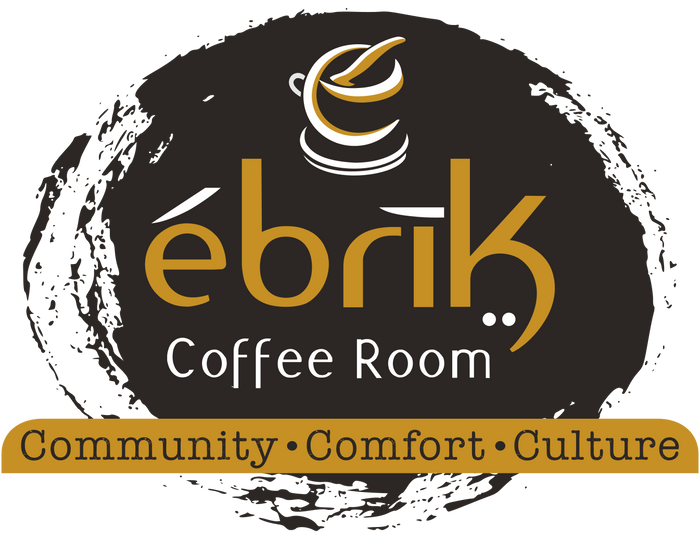The Truth About Coffee
So, most folks are pretty conscious about where their products come from these days, trying to be mindful of environmental and equity concerns. Millennials and Gen Z actually lead the way on these issues. Call it the Whole Foods phenomenon if you want, but things like fair trade and organic standards have let people make better choices about how and where they spend their money. And in turn, how their choices impact the world around us. Blood diamonds, sweatshops, whatever it might be, clearly you're not going to purchase something from a company that exploits its labor or engages in human rights abuses.
In our world of specialty coffee, the question about how our dollar goes to benefit or harm those that are supplying our coffee is one that the industry has been tackling for decades. And unfortunately, it hasn’t been the best. A lot of people don't realize just how Central coffee has been to the development of our modern world - the good, bad, ugly and beautiful.

Although coffee has ancient roots, it's only been a few hundred years that it became the global phenomena we know it is today. There are plenty of romantic stories about goat herders discovering beans on bushes and monks using coffee for nightly prayers in Ethiopia and Yemen. Popes and Caliphs both flip-flopped in Istanbul and Rome on whether they should BAN the bean! But the ugly side of modern colonial capitalism also has coffee in its DNA. The Haitian revolution, for example, was just as much a protest against the exploitative coffee crop as it was against the sugar crop. In places like Angola, coffee served the colonial masters in Portugal, making many there quite wealthy--when Angola gained its independence, the industry was destroyed, and is still in ruins today.
The brutal truth is the overwhelming majority of the world's coffee is grown, picked, and processed by communities that live in a multi-generational trap of poverty. And we’re not talking just about a poor standard of living, we’re talking about a system that basically resembles indentured servitude. Thankfully there are a number of global trade controls that make sure that such practices of labor exploitation are regulated and removed from the market, and I'm happy to say that the specialty coffee industry has done quite a bit of work to set things in the right direction. This is one simple way that you may not even realize that you are already helping do the right thing just by drinking better coffee.
From a Cherry to Latte: Ebrik's Social Solidarity Supply Chain Pledge.

Every wonder how coffee goes from being a cherry to a bean to a latte? That whole process is called the supply chain: growing -> watering -> picking -> cleaning -> shipping -> roasting -> making, and drinking. At Ébrīk we’ve always been conscious about supplying specialty coffee beans because at a minimum, better quality beans enter the market vetted for equitable labor practices and price guarantees, although this usually translates as a type of industry charity and not true empowerment. In the spirit of pushing our commitment to community and equity in our business model as much as possible, we are initiating a new pledge and invite you to join us.
After George Floyd, after COVID, and after the president that shall not be named, we expect Spring ‘21 to be a true revival of the best our communities have to offer. So our pledge is simple: our goal is that by the first day of Spring 2021, we will be supplying our green beans exclusively from distributors and farmers whose economic models translate into the direct empowerment and development of local communities that are growing, picking, and preparing our beloved bean. By that time our partners up and down the chain will be folks who are actively involved in poverty alleviation and socio-economic development.
It’s not enough to just have an organic or fair trade label on it. Those are good things, they are a good start, but are quite imperfect models. So we want to partner and work with companies and communities that are empowering whole portions of their community to overcome the generation disenfranchisement that has been thrust upon them through the legacy of colonial capitalism.
I'm proud to say that we are already moving in that direction by partnering with like-minded individuals and industry leaders to raise awareness on this issue and provide cutting-edge research on the state of the problem. So we invite you to join us in achieving our Social Solidarity Supply Chain goal as a model of what kind of power resides in our decision-making and our choices over something as simple as coffee. Now, imagine what’s possible when we set our collective minds to something even bigger.

